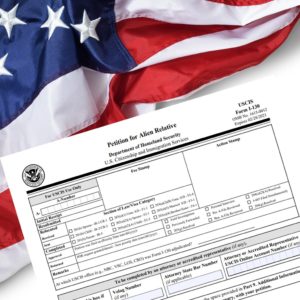In exceptional circumstances, a U.S. citizen who is living abroad with his or her foreign spouse and would like to bring his or her foreign spouse to the United States on an immigrant visa may be able to avail of I-130 expedited processing.
Exceptional circumstances may include the following:
Military emergencies. A U.S. service member abroad becomes aware of his or her new deployment or transfer with very little notice.
 Medical emergencies. The U.S. citizen or foreign spouse is faced with an urgent medical emergency that requires immediate travel.
Medical emergencies. The U.S. citizen or foreign spouse is faced with an urgent medical emergency that requires immediate travel.- Threats to personal safety. The U.S. citizen or foreign spouse is faced with an imminent threat to his or her personal safety.
- Short-term notice of position relocation. The U.S. citizen spouse who has been living and working abroad receives a job offer to be transferred back to the United States.
While this is not an exhaustive list of examples, a request for exceptional circumstances must first be made with the U.S. Citizenship and Immigration Services (USCIS) district office or the U.S. Consulate where the U.S. and foreign spouse reside. The USCIS district office that has jurisdiction over the place of residence will in turn approve or refuse the request. If the district office approves the request and subsequent petition, the matter will forward it to the nearest U.S. Embassy or Consulate for the visa application process. If the request is refused, there is no right of appeal or reconsideration request but the U.S. citizen spouse can still file the immigrant petition with the USCIS in the United States.
By qualifying for the I-130 expedited processing, we can reduce your waiting time to immigrate from approximately 12 to 18 months down to as little as 5-6 weeks. We have processed many such expedited petitions so contact us if you are interested at info@enterlinepartners.com and speak with one of our experienced U.S. immigration attorneys.




